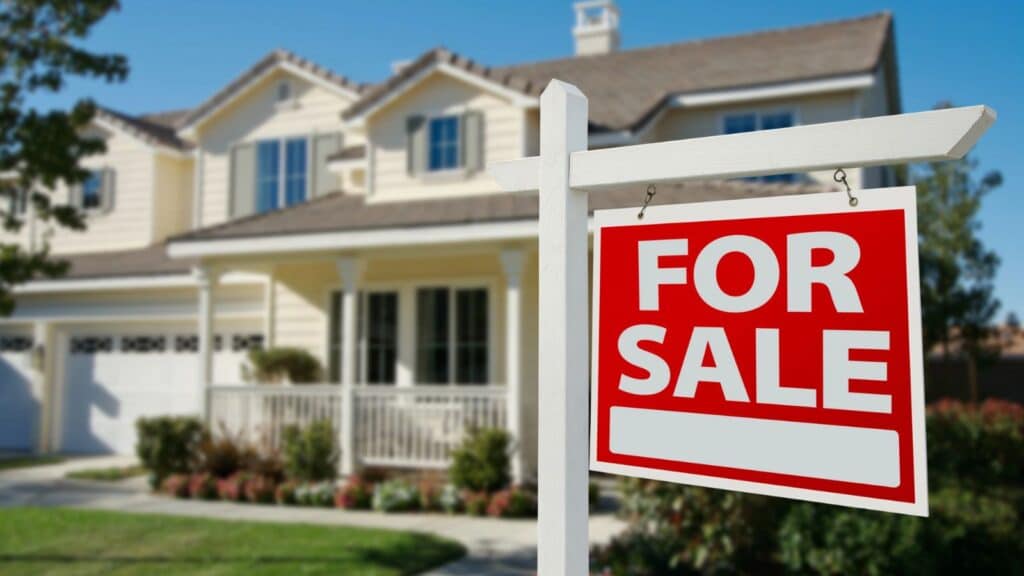You might be earning more than you did a few years ago, but it probably doesn’t feel like it. Prices keep rising faster than paychecks, and everyday expenses take a bigger chunk of your income. Even with a raise, it’s harder to get ahead or feel secure. Here are eight reasons why so many people feel poorer, even when their pay has gone up.
Housing Costs at Record Highs

Home prices and mortgage rates have made buying a house far less attainable. Rent has also climbed across the country, leaving many households spending over 30 percent of their income on housing. When so much goes to shelter, there’s little left for saving or discretionary spending.
💸 Take Back Control of Your Finances in 2025 💸
Get Instant Access to our free mini course
5 DAYS TO A BETTER BUDGET
Stagnant Savings Growth
While people may be earning more, they aren’t saving more. Higher living expenses have wiped out much of the extra income. Savings accounts that once provided a cushion are now being used to cover everyday bills, leaving many feeling financially exposed.
Rising Healthcare Expenses

Healthcare costs continue to climb faster than wages. Insurance premiums, copays, and prescription prices take a bigger bite out of paychecks. Even people with employer coverage are finding it harder to afford basic care, making health expenses feel like a constant burden.
Shrinking Purchasing Power
Everyday items now cost noticeably more than they did a few years ago. From fast food to basic household goods, prices have risen faster than most people realize. Even if your paycheck is higher, your money buys less, creating the illusion of falling behind.
Rising Debt Levels

Credit card debt is at record highs, and interest rates have climbed sharply. Many people rely on debt to bridge the gap between paychecks and expenses. Even as incomes grow, debt payments eat up more of the budget, leaving less money for other goals.
Inflation Outpacing Wages
Salaries are higher than they used to be, but prices have climbed even faster. Groceries, rent, insurance, and utilities take a bigger bite out of every paycheck. A raise doesn’t go as far as it once did. The real issue isn’t how much people make, but how little that money buys now.
Lifestyle Inflation

When people start earning more, they often spend more without realizing it. Upgrading cars, homes, or vacations feels like progress, but it can trap families in the same paycheck-to-paycheck cycle. Without intentional budgeting, higher income doesn’t always equal financial freedom.
Soaring Childcare and Education Costs
Families are feeling the strain of rising childcare and education costs. Daycare fees, extracurricular activities, and college tuition continue to climb. Parents may earn more than ever before, but find that those earnings disappear quickly into family-related expenses.
More Money Doesn’t Feel Like Enough

Making more money doesn’t mean feeling secure when everything costs more. For many Americans, the numbers don’t line up no matter how hard they try. The goal now is to handle money differently, set clear priorities, and find ways to stay steady even when progress feels out of reach.
Like our content? Follow us for more!
The article 8 Reasons Americans Feel Poorer Even When They Earn More first appeared on Cents + Purpose.



